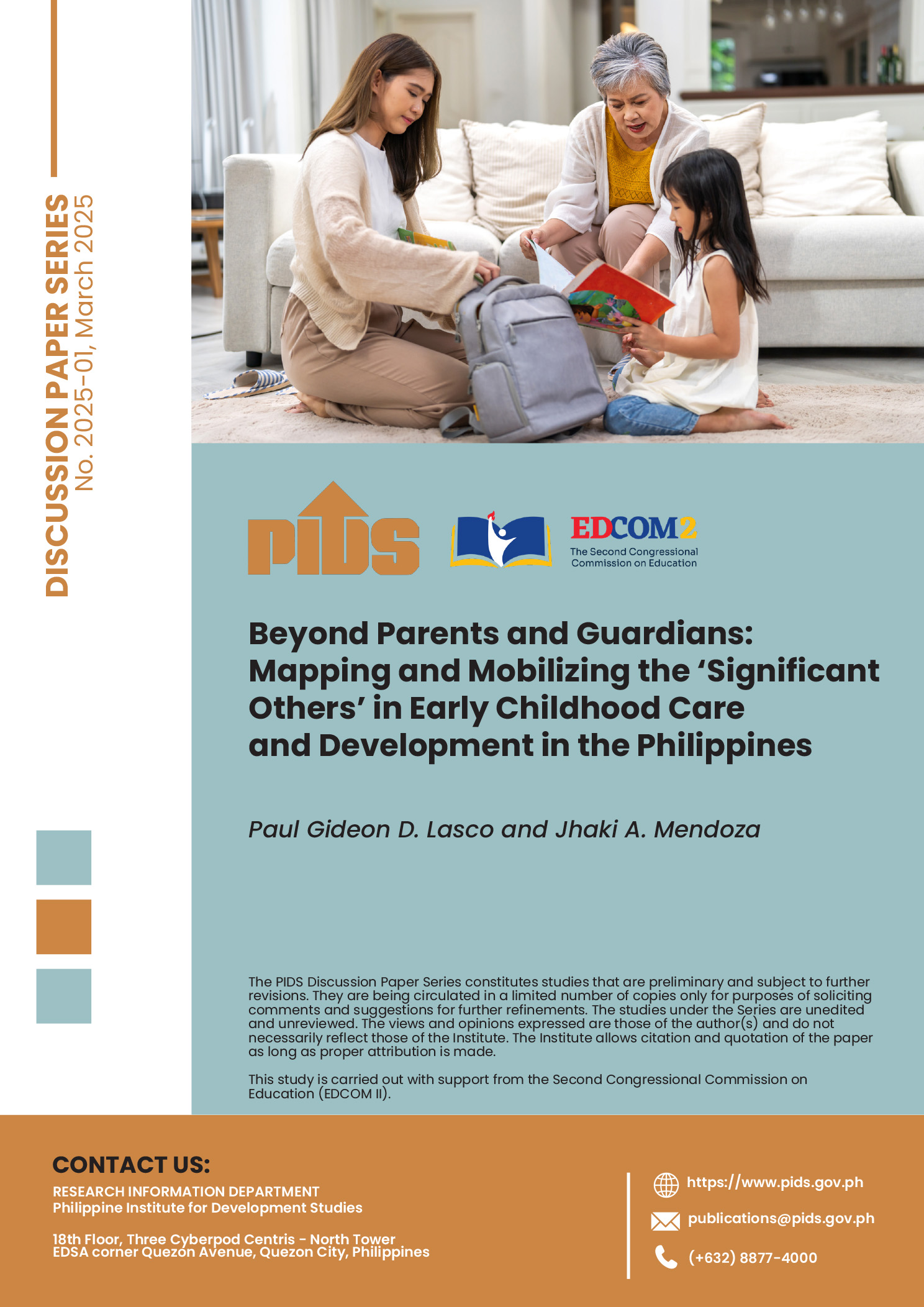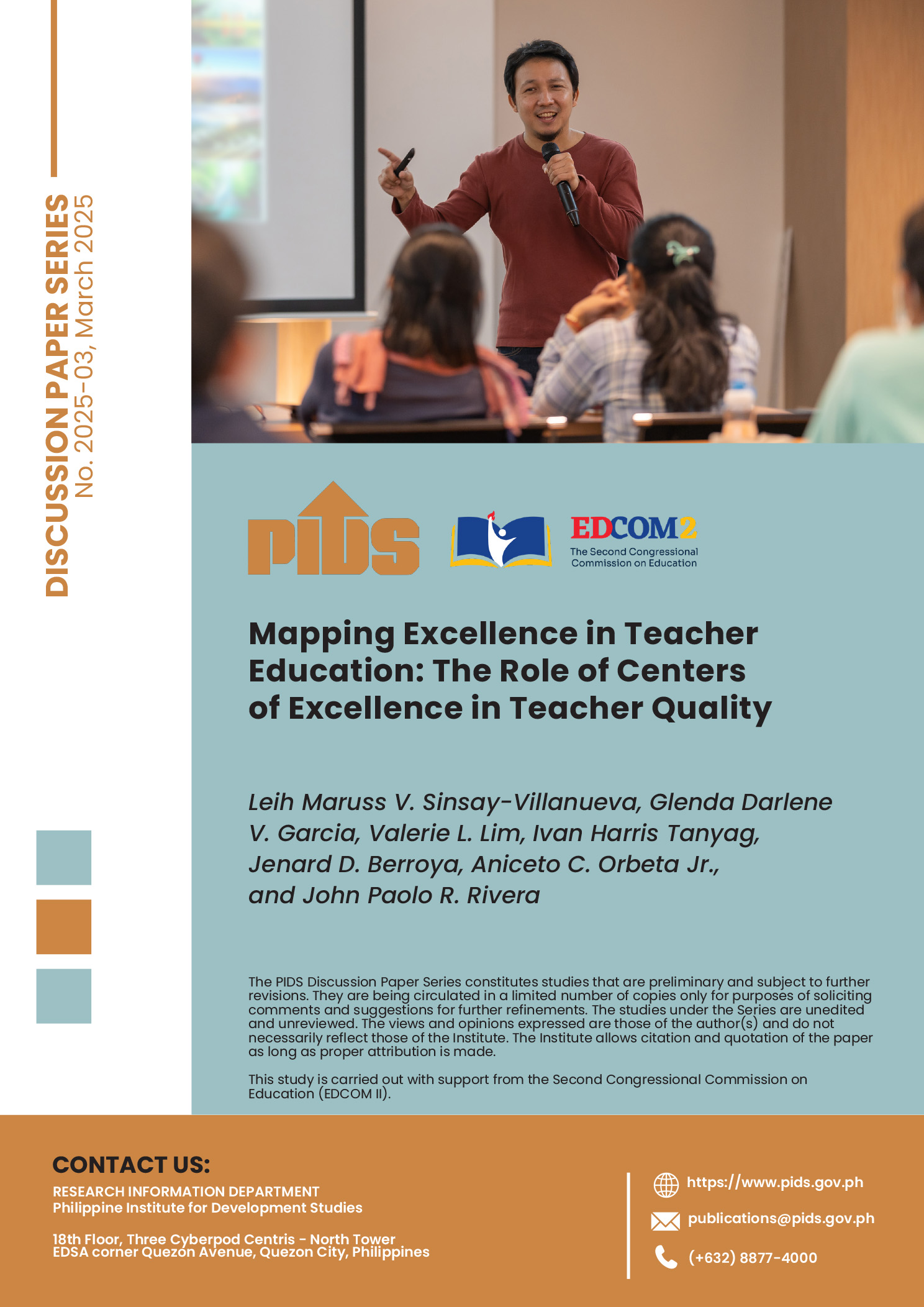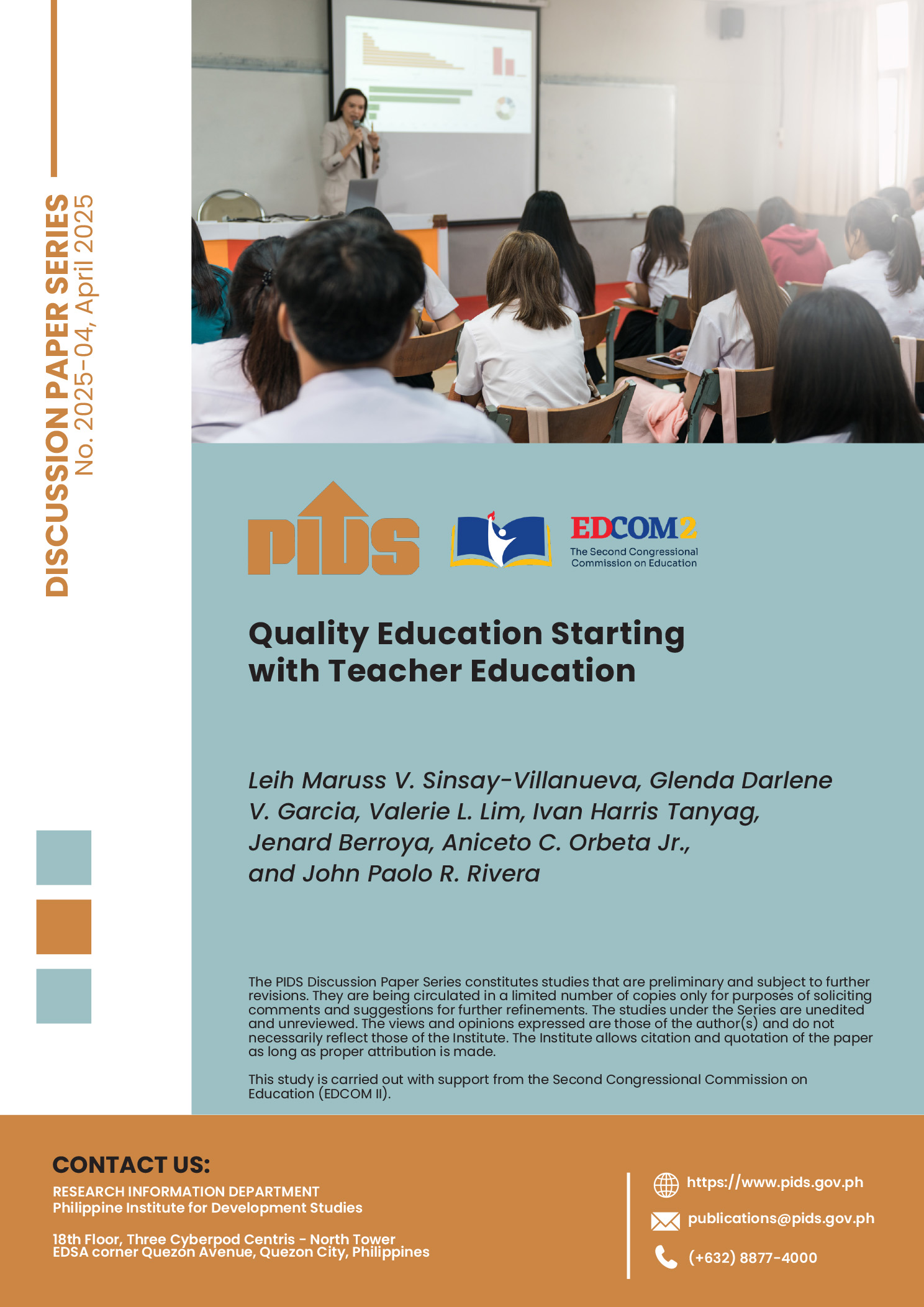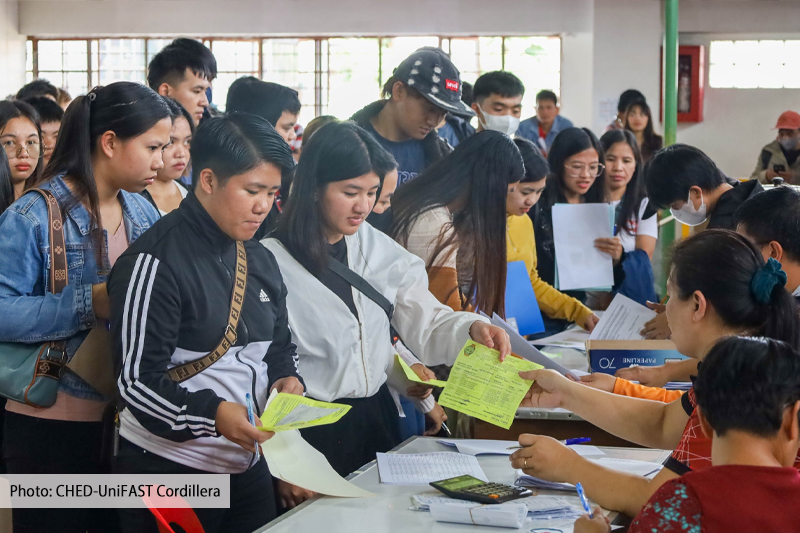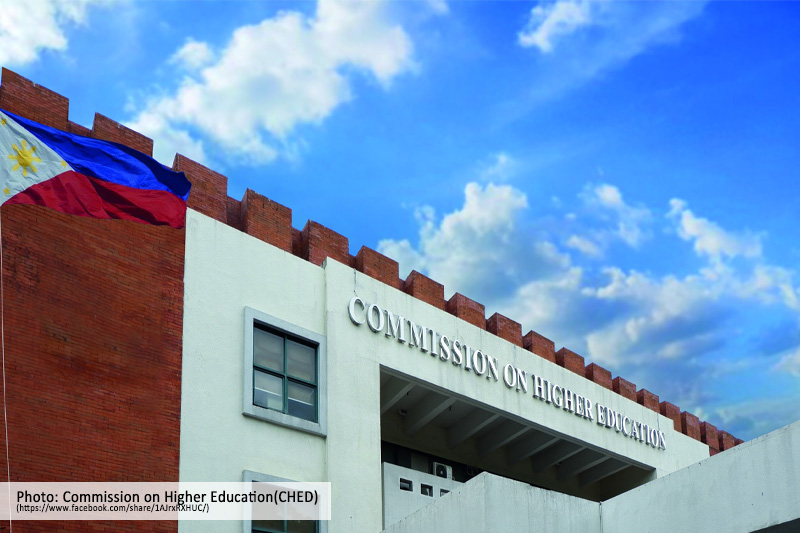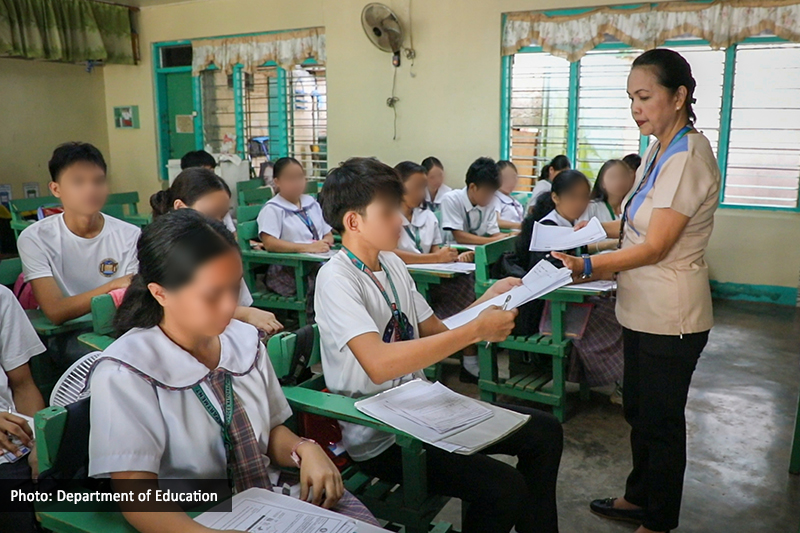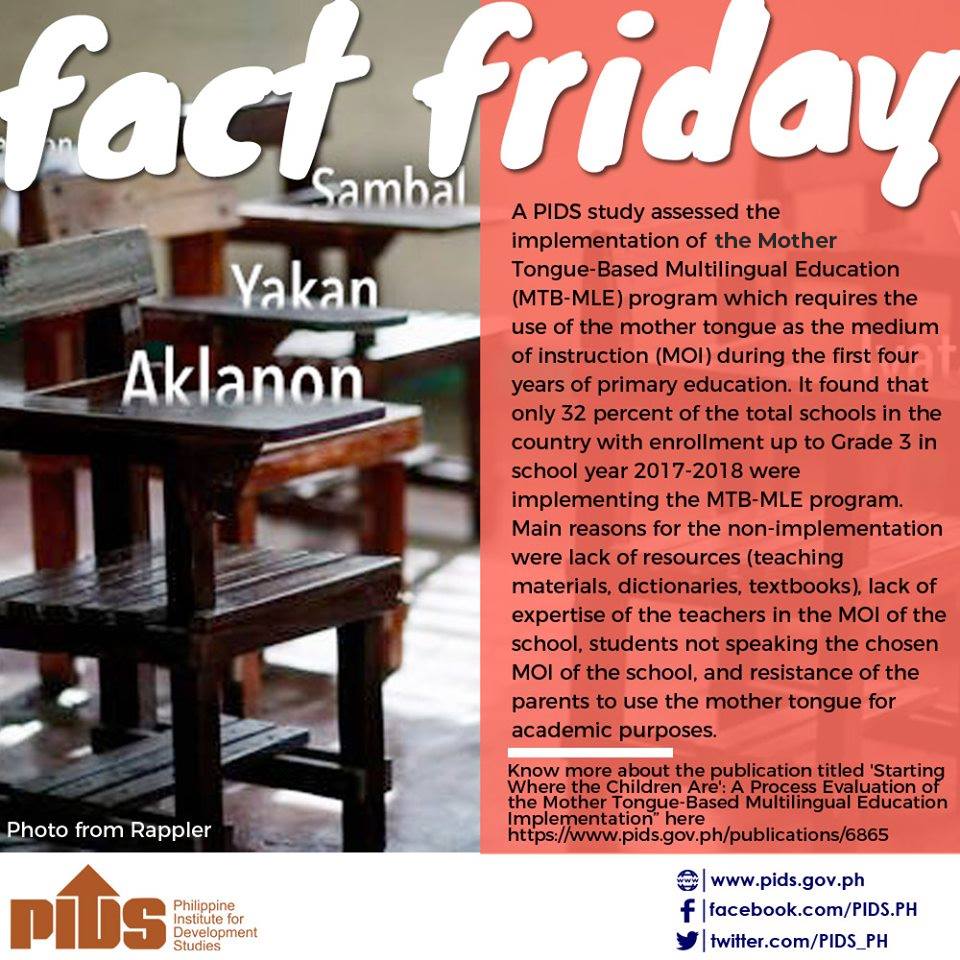AN official of the Department of Education (DepEd) reiterated last Monday the importance of Mother Tongue-Based Multilingual Education (MTB-MLE), especially to learners from Kindergarten to Grade 3.
According to Dr. Rosalina J. Villaneza, chief education program specialist at the Teaching and Learning Division of the Bureau of Learning Delivery, the purpose of a multilingual education program is to develop appropriate cognitive and reasoning skills enabling children to operate equally in different languages—starting with the mother tongue.
Villaneza made a presentation before the Committee on Basic Education’s third public hearing on the implementation of the MTB-MLE program under the K to 12 Law (Republic Act 10533).
“Learners begin their education in they understand best—their mother tongue—and develop a strong foundation in their mother language before adding additional languages,” Villaneza stressed.
“And remember we are talking about 5 years old, 6 years old, 7-, 8-year-old kids [here]. This is not about us; this is about young children who are just developing their foundational skills and of course the reasoning skills. These are two major reasons why I was convinced [on the importance of the implementation of mother tongue] back then,” Villaneza said recalling that the same reasons were presented to lawmakers 10 years ago when the program was proposed back then.
Complications
SENATOR Sherwin T. Gatchalian, however, cited complications in the implementation of mother tongue-based education—the diversity of languages in many communities.
Gatchalian, who chairs the Senate Committee on Basic Education, urged the DepEd to listen to teachers amid ongoing efforts to review the implementation of the MTB-MLE program.
“Listen to our teachers, our supervisors, superintendents, and principals. They’re our soldiers on the ground. Let’s listen to them,” the lawmaker said.
Gatchalian cited his observations were based on his consultations with teachers in Pangasinan, Davao, Cebu and Metro Manila.
While the MTB-MLE recognizes 19 languages as media of instruction, the 2020 Philippine Statistics Authority’s Census of Population records as many as 245 languages used nationwide.
The lawmaker observed that some teachers who are not fluent in the mother tongue are asked to use it as the medium of instruction. He also cited teachers’ reports that Grade 4 learners have difficulty when they start learning Math and Science using English as the medium of instruction, four years after learning those subjects in their mother tongue.
Gatchalian added that in multilingual school settings, the MTB-MLE policy may discriminate against learners who do not speak the regional language chosen as the medium of instruction.
He, likewise, noted a 2019 study by the Philippine Institute for Development Studies (PIDS) on the MTB-MLE, which pointed out that schools tend to use regional languages that are not necessarily the same ones that learners use at home. The study added that surveyed schools assumed that learners have only one first language when learners, in fact, have several first languages.
The semi-government think tank also pointed out that among the 16,827 schools it surveyed, less than 10 percent are doing the four activities needed to implement the MTB-MLE: writing big books on language, literature, and culture; documentation of the orthography of the language; documentation of grammar; and, documentation of a dictionary of the language.
“We have implemented the MTB-MLE since 2013, it’s about time that we come up with an assessment whether it’s effective or not, and how it affects learner outcomes,” Gatchalian said.
Disagreement
GATCHALIAN disagreed with comments by Villaneza when she revealed that she was asked back then: “Are we ready?” to which she responded: “When in the history of the Philippines [have we been] ready of anything?”
“Kahit gaano pa po kaganda ang preparation natin hindi po talaga tayo maging ready [No matter how good our preparation is, we can never be ready],” she said.
Villaneza said that the second question to her before was: Do we have enough resources? “When in the history of the Philippines have we had enough resources]?” Villaneza lamented.
To this, Gatchalian told her: “I do believe that in any endeavor we have to be ready. That’s why the Philippines is probably not progressing because [of the] mentality that ‘We can never be ready, we can never have enough materials…’ I think that is a bad mentality.”
But Villaneza said, “If you believe in what I have presented, if we join forces together…but this is the right thing to do. Let us do it now because if not now, when? Our learners cannot wait.”

